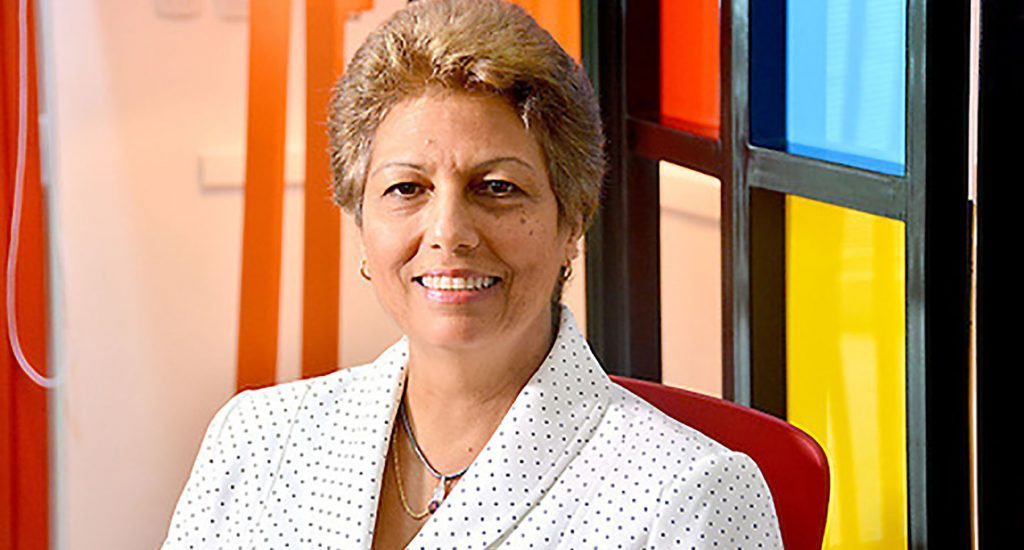
Political analyst Rosario Espinal is in favor of keeping the automated voting system for the 2020 general elections. The municipal elections are scheduled for 16 February 2020, the congressional and presidential elections for 17 May 2020.
Writing for Hoy and Acento media, she remarked that “political party leaders know very well that any voting system carries risks for candidates and that the probability of fraud is greater with paper ballots than with automated proof. “
She wrote: “This is for three reasons: 1) all the frauds committed in the past were done with paper ballots (computers were used for the first time in these primaries and fewer candidates protested the outcome); 2) the large number of municipal election candidacies (2,292 elective posts).” She says that when counting manually, “whoever doesn’t keep eyes on the counting stands to lose.” And, 3) in these elections, for the first time, there will be preferential voting for the election of district governors and members (1,899 candidates), which lends itself to greater manipulation in a manual count.”
She observes that the Central Electoral Board (JCE) is accused in social media of being an accomplice of the politicians in the past 6 October 2019 primary, and its credibility is affected.
“Given the controversy that has arisen over the use of automated voting, it is important that all party representatives be publicly involved in the decision whether or not to use it in the 2020 elections, so that the decision is the result of a compromise and no one can claim later that they did not agree,” she writes. She recommends that the discussion be held openly in front of the media.
“Any voting system, be it with paper ballots or one that is automated, needs strict auditing and vigilance. The JCE must be open to party oversight and expert auditing. But at the same time, the parties cannot sully the JCE’s credibility simply to manipulate the results in their favor. A balance sheet is needed to move forward.”
A feature in Diario Libre mentions that the Dominican government has spent more than RD$2.7 billion in automated voting exercises for the 2016 and 2018 elections.
Read more in Spanish:
Acento
14 November 2019

